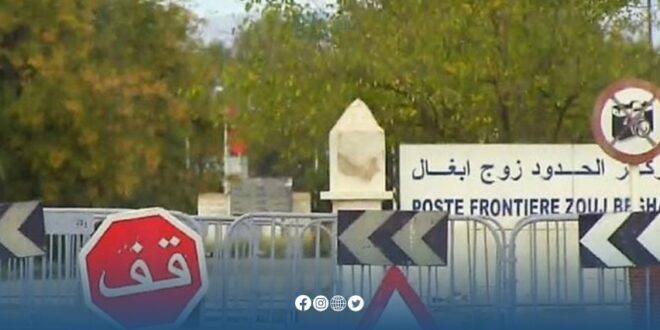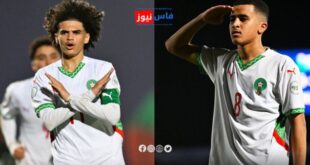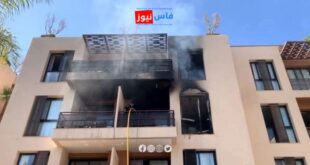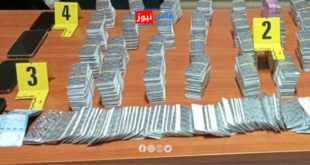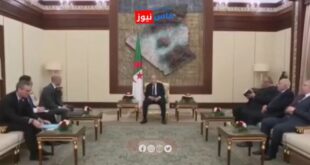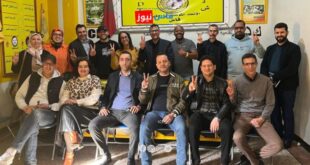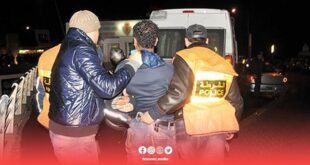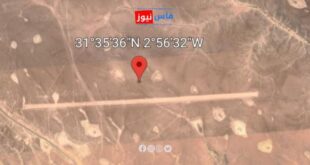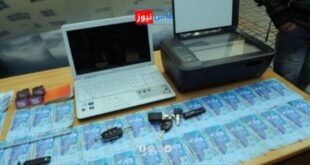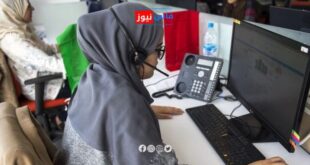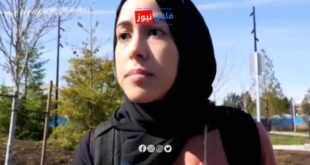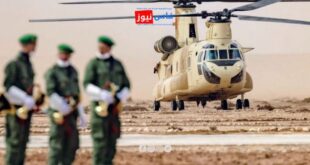According to the information provided, the Zouj Bghal border crossing between Morocco and Algeria was opened on Tuesday, August 6th, to allow the passage of 60 Moroccan detainees, including one woman, who had been imprisoned in Algeria. These individuals were released after serving their sentences in Algerian prisons.
The Algerian authorities handed over 60 Moroccan detainees who had served their sentences in Algerian prisons. The Association for Assistance to Migrants in Distress (AAMD), a rights organization that follows the cases of detainees in Algeria, specified that “the released persons are from several Moroccan cities, notably Fkih Ben Salah, Casablanca, Oujda, Meknes.”
The association closely follows many cases in this matter, as hundreds of young people are still in administrative detention awaiting deportation. This operation had previously faced several technical and procedural difficulties that the association had tried to resolve. It seems that “the Algerian and Moroccan parties, through the three consulates, have reached an agreement on the issue,” the association revealed.
Among the released individuals, several suffered from chronic illnesses such as asthma, epilepsy, diabetes, and hypertension. Some had served between three years and six months in prison, in addition to nine months of administrative detention.
This was the third repatriation operation during this month of August. The first involved six people, while the second allowed the repatriation of 16 Moroccan detainees.
Currently, more than 320 cases are under investigation and on trial, and six bodies, including two from the eastern region, are awaiting repatriation and return to their families. The association had previously facilitated the judicial and administrative procedures in this regard.
The organization had indicated in a previous statement that it intended to bring this file before international bodies, after having already written to the Algerian authorities, including the President, as well as to several ministries, including the Ministry of Foreign Affairs, African Cooperation and Moroccans Residing Abroad, the National Human Rights Council, and the International Committee of the Red Cross.
 فاس نيوز ميديا جريدة الكترونية جهوية تعنى بشؤون و أخبار جهة فاس مكناس – متجددة على مدار الساعة
فاس نيوز ميديا جريدة الكترونية جهوية تعنى بشؤون و أخبار جهة فاس مكناس – متجددة على مدار الساعة

